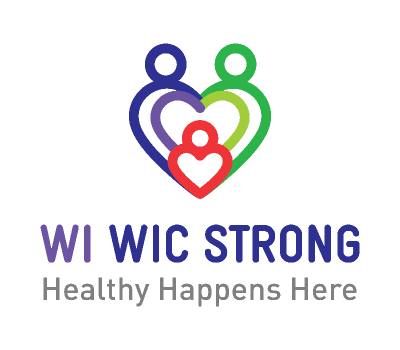Sign Up Today
Together, we've got this!
Sign Up Today
Together, we've got this!
National Breastfeeding Month
National Breastfeeding Month serves as a valuable moment to engage with WIC and amplify its mission. Every August, the Women, Infants, and Children (WIC) program showcases the guidance and resources it provides to support breastfeeding mothers and promote healthy outcomes for infants.
Outreach efforts often involve community partnerships and the distribution of breastfeeding messages through social media that is creating a welcoming and encouraging space for mothers and caregivers.
Learn about the benefits of breastfeeding.
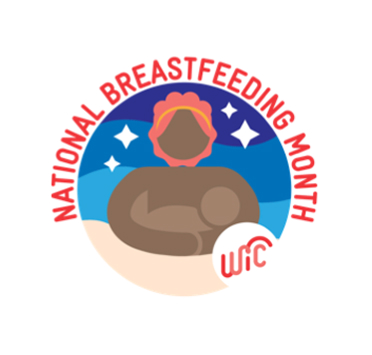
Our Mission is to help you be WI WIC strong!
If you’re pregnant, a caregiver, or a parent with a child under the age of 5, WIC is here for you, providing:

Healthy Food
Monthly food benefits help you provide the healthy foods like fresh fruits and vegetables, milk, cheese, cereal and other grains, peanut butter, beans & more. And because they need added nutrition, nursing moms get additional food.

Breastfeeding Support
Everything you need to know – from establishing good milk supply before your baby arrives to continuing to breastfeed after you return to work or school. Get support and education, peer counseling, lactation support, classes and more.

Nutrition Education
Learn about nutritious foods, how to plan and prepare healthy meals, shop on a budget, prenatal nutrition tips, kid-friendly recipes, access to free online lessons, personalized nutrition counseling and more.

eWIC
Your eWIC card issued by the Wisconsin WIC program is your main tool to access a wide range of benefits and check balances.

Mobile App
Use your mobile device to scan WIC-approved foods and much more. Available on both Android and iOS.

Care Beyond WIC
You always have a place to turn for questions in one-on-one sessions or peer parent groups, and referrals to social services and valuable resources.
WIC WORKS!
- WIC participation leads to healthier infants, more nutritious diets, and better health care for children.3
- WIC moms experience longer pregnancies, fewer premature births.2
- WIC moms give birth to healthier babies.3
- WIC moms are twice as likely to plan to breastfeed and to breastfeed longer.1
- Breastfeeding reduces the risk of diseases and infections for both moms and infants.1
- Children enrolled in WIC are more likely to have regular medical care and up-to-date immunizations.2
- Children who receive WIC benefits demonstrate improved intellectual development.2
- WIC helps get children ready to start school.2
- Children who participate in WIC do better in school.3
FAQs

Your 1st WIC appointment

Wisconsin WIC Strong
You can start online, or over the phone! Use the online pre-application, or contact your local WIC office to check your eligibility and send your information to WIC.
Caring and compassionate WIC staff are happy to answer all your questions and assist you. Find an agency near you and call today. If you aren’t sure which agency to call, or need other assistance, contact the Well Badger Resource Center Monday–Friday 7 a.m.–6 p.m. There are interpretive services if needed. Call 800-642-7837, text 608-360-9328, or email help@wellbadger.org.
Yes! Dads, partners, foster parents, and relatives may apply on behalf of an infant or child in their care.
We highly recommend enrolling as soon as possible once you’re pregnant! Getting into WIC early gets you loads of benefits to help you and your baby. Early enrollment during pregnancy ensures that expectant parents and newborns receive crucial prenatal care and access to healthy foods early in life. Research shows that early enrollment contributes to improved pregnancy outcomes, better infant development, and positive long-term health benefits.(source)
WIC has a lot to offer older children, and we recommend staying enrolled uas long as needed, up to age 5. Research shows that WIC helps your child grow up healthy, contributing to better diet quality, more access to preventative health care, improved cognitive development, and better academic performance.(source)
Yes! You can receive assistance from other programs and WIC at the same time. You may have “adjunctive eligibility”, which means you are likely to be accepted into WIC if you are enrolled in these programs, because they have similar income criteria. It is easy to get started on the online pre-application or by contacting your local WIC office.
Resources

Healthcare Provider Brochure
Download the brochure to learn more about WIC services.
Healthcare Provider Brochure
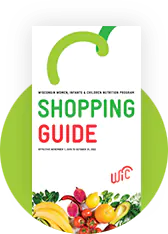
Shopping Guide
Download your WIC shopping guide for tips and to see what foods WIC approves.
Shopping Guide
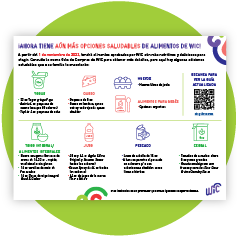
FOOD LIST FLYER
Download the Food List flyer highlighting the recent changes.
Food List Flyer

WIC Cookbook
Download our new, updated Wisconsin WIC Cookbook with a variety of new recipes.
WIC Cookbook
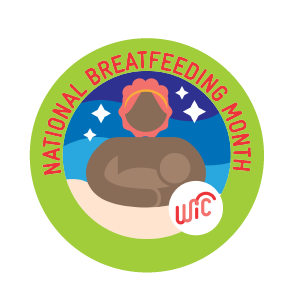
Breastfeeding Stickers and GIFs
Download fun stickers and GIFs to promote breastfeeding observances. View stickers. Breastfeeding Stickers PDF Download Stickers
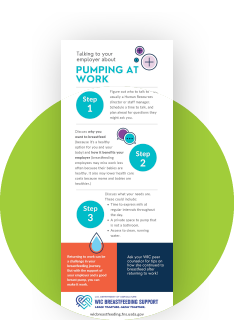
Breastfeeding Infographics
Explore and download 12 captivating infographics covering various breastfeeding topics, now available in 17 languages.
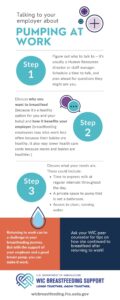
Pumping at Work
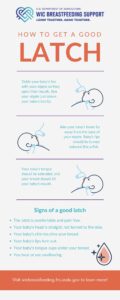
How To Get a Good Latch
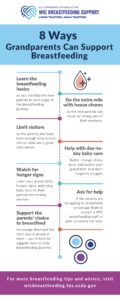
8 Ways Grandparents Can Support Breastfeeding
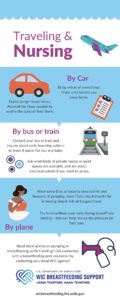
Traveling and Nursing
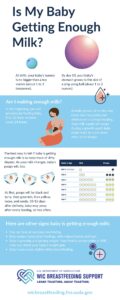
Is my Baby Getting Enough Milk
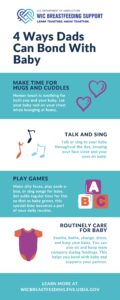
4 Ways Dads Can Bond With Baby
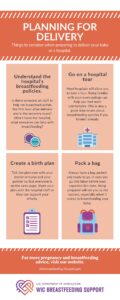
Planning For Delivery
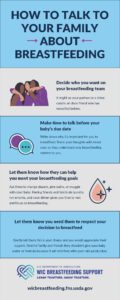
How To Talk To Your Family About Breastfeeding
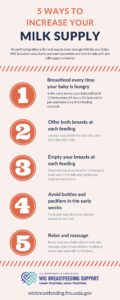
5 Ways to Increase Your Milk Supply
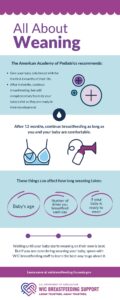
All About Weaning
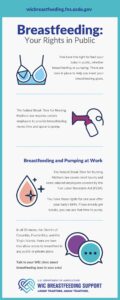
Breastfeeding: Your Rights in Public
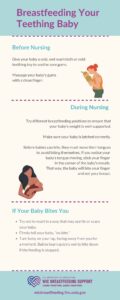
Breastfeeding Your Teething Baby

Disclaimer: WI WICStrong.com is an informational resource developed by independent Wisconsin WIC agencies, created in association with and with the approval of Wisconsin WIC and the Wisconsin Department of Health Services. A full range of Wisconsin WIC Program information is available by visiting dhs.wisconsin.gov/wic.
© 2025 National WIC Association. All Rights Reserved. • For the WIC Program nondiscrimination statement click here.

